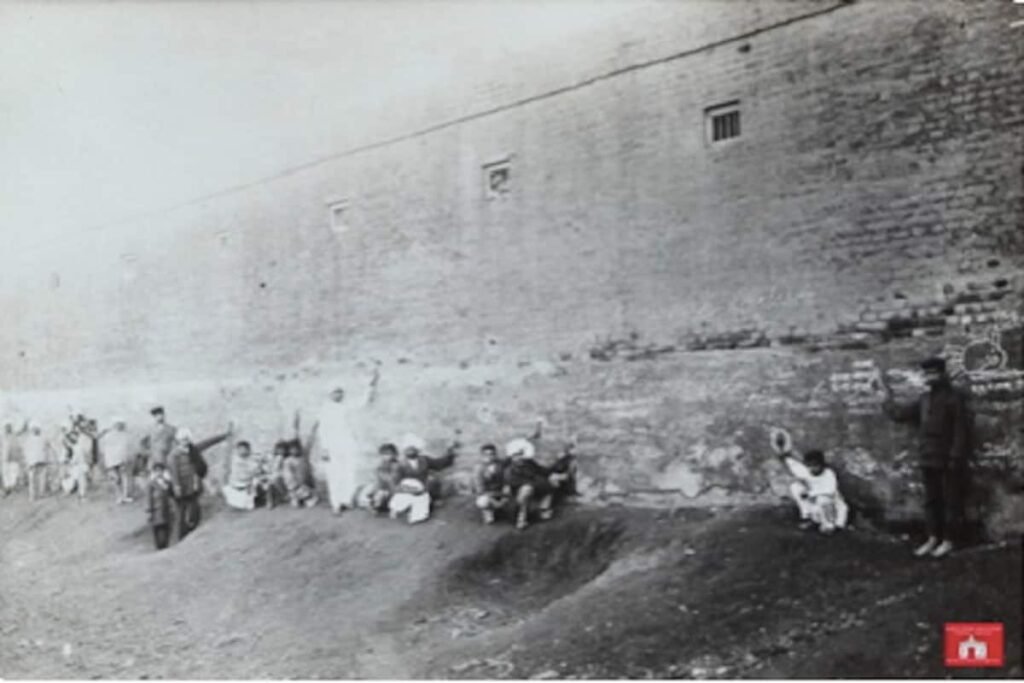Jallianwala Bagh Massacre: Jallianwala Bagh Massacre also called as Massacre of Amritsar was a horrible incident on April 13, 1919.
British troops fired on a large crowd of unarmed Indians in an open place as Jallianwala Bagh in Amritsar in the Punjab region, killing hundreds of innocent people and wounding many hundreds more.
It marked a turning point in India’s modern history which left a permanent scar on Indo-British commitment. Also, the cause of Indian independence and nationalism from Britain.
The acts were done to widespread anger and discontent among Indians, especially in the Punjab region. In Amritsar, the news that Indian leaders had been arrested and cast out from that city which in return sparked violent protests on April 10th. Soldiers fired upon civilians, buildings were banished and burned, local mobs ended several foreign nationals, and severely beaten up a Christian missionary.
On the afternoon of April 13, 1919, a crowd of 10,000 men, women, and children gathered in the Bagh, completely enclosed by walls that had only one exit.
It was unclear whether all people were protestors there who were defying the ban on public gatherings and how many were gathered in the city from the surrounding regions to celebrate Baisakhi.
It wasn’t certain that many innocents died in that bloodbath, although according to one official report, 379 people were killed and 1000 were wounded.
The Indian Government ordered an investigation of the massacre, which in 1920 condemned Dyer for his actions and ordered him to resign from the military. Many condemned Dyer’s actions including Sir Winston Churchill, in a speech to the House of Commons in 1920. The House of Lords praised the actions of Dyer and gave him a sword in honor of the motto “Saviour of the Punjab”.
The events of the Jallianwala Bagh Massacre 100 years ago today reflect a shameful act British-Indian history. We deeply regret and condemn what happened and the suffering caused to our people.
Former British Prime Minister Theresa May expressed regret and grief over the incident. She called the massacre incident a “shameful scar”.


